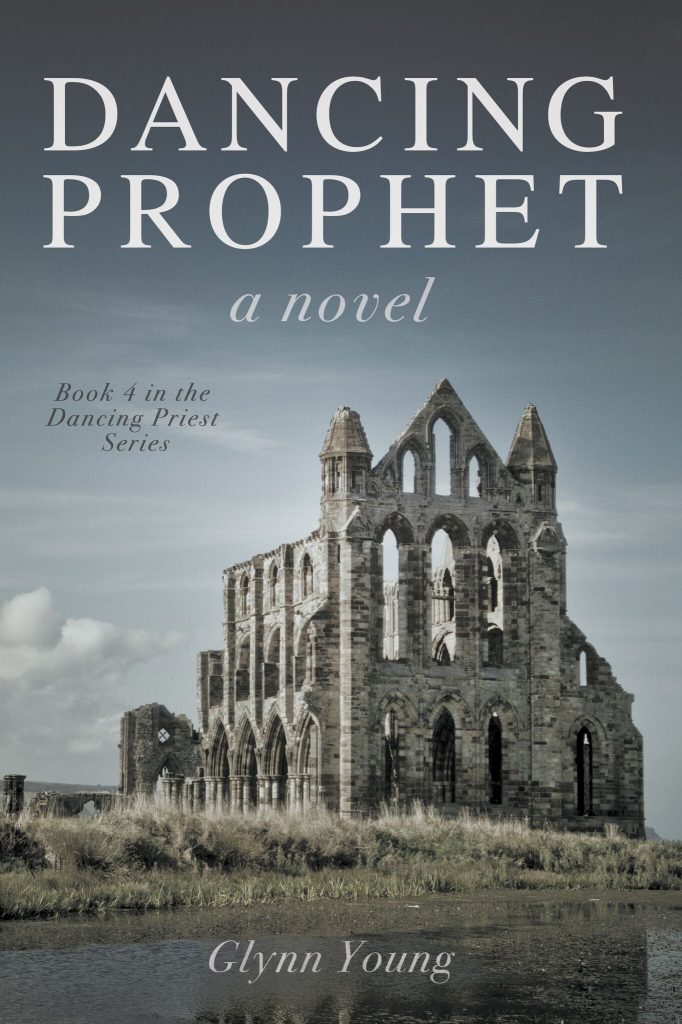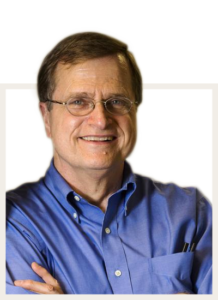
In the seven months since my last novel Brookhaven was published, I’ve been focused on talking about it, writing about it, publicizing it, sending out copies, and all the usual things you do to promote your book. I haven’t done much writing of anything else or anything new. An idea for a new novel has been percolating in my mind, but nothing has seen the light of day.
Yet the desire to write is there; it seems like it’s always there. I’ve had to stifle it a bit to keep focused on marketing Brookhaven.
I was able to scratch the writing itch by what resulted from a coincidence.
To continue reading, please see my post today at the American Christian Fiction Writers blog.



